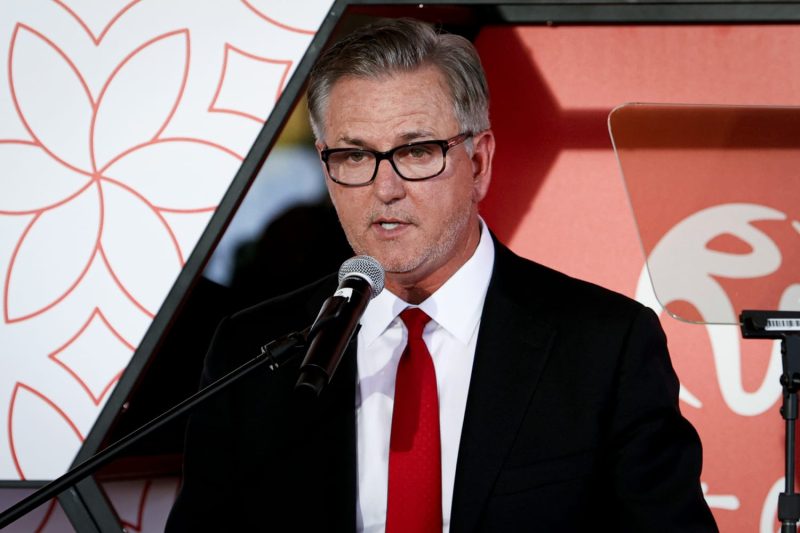The case of former MGM Grand Casino President, Scott Sibella, being sentenced for failing to report bookies’ bets has brought to light serious legal implications surrounding the operations of casinos and their responsibilities towards preventing illicit activities within their premises.
The issue at hand has sparked widespread concern and discussion within the industry, raising questions about the level of accountability that should be expected from top executives in ensuring compliance with regulatory requirements and upholding the integrity of gambling operations. Sibella’s failure to report bets made through bookies raises red flags as to whether sufficient measures were in place to prevent illegal gambling activities from taking place under his watch.
One key aspect of this case is the enforcement of anti-money laundering (AML) laws and regulations within the casino industry. Casinos are required to maintain strict AML protocols to prevent their facilities from being used for money laundering and other criminal activities. By neglecting to report bookies’ bets, Sibella potentially facilitated the laundering of illicit funds through the casino, putting the organization at risk of facing legal repercussions and damaging its reputation.
Furthermore, the case sheds light on the importance of transparency and accountability in the gaming industry. Executives like Sibella are expected to uphold high ethical standards and ensure that their organizations operate within the boundaries of the law. Failing to report suspicious activities not only constitutes a breach of trust with regulatory authorities but also undermines the credibility of the entire gaming sector.
In light of this incident, it is crucial for all stakeholders in the casino industry to reevaluate their compliance procedures and strengthen their efforts to combat illegal gambling and money laundering. This case serves as a wake-up call for executives and operators to prioritize regulatory compliance and adopt a zero-tolerance approach towards any form of illegal activities within their establishments.
Moving forward, proactive measures such as enhanced due diligence, regular audits, and staff training programs should be implemented to mitigate risks and ensure full compliance with AML regulations. By instilling a culture of compliance and vigilance, the casino industry can uphold its reputation, safeguard its operations, and maintain the trust of regulators and the public.
In conclusion, the sentencing of Scott Sibella for failing to report bookies’ bets serves as a stark reminder of the legal and ethical responsibilities that top executives bear in upholding the integrity of the gaming industry. This case underscores the need for heightened compliance measures, transparency, and accountability to prevent illicit activities and safeguard the reputation of casinos. It is imperative for industry stakeholders to learn from this incident and reinforce their commitment to regulatory compliance to ensure a safe and secure gambling environment for all.

